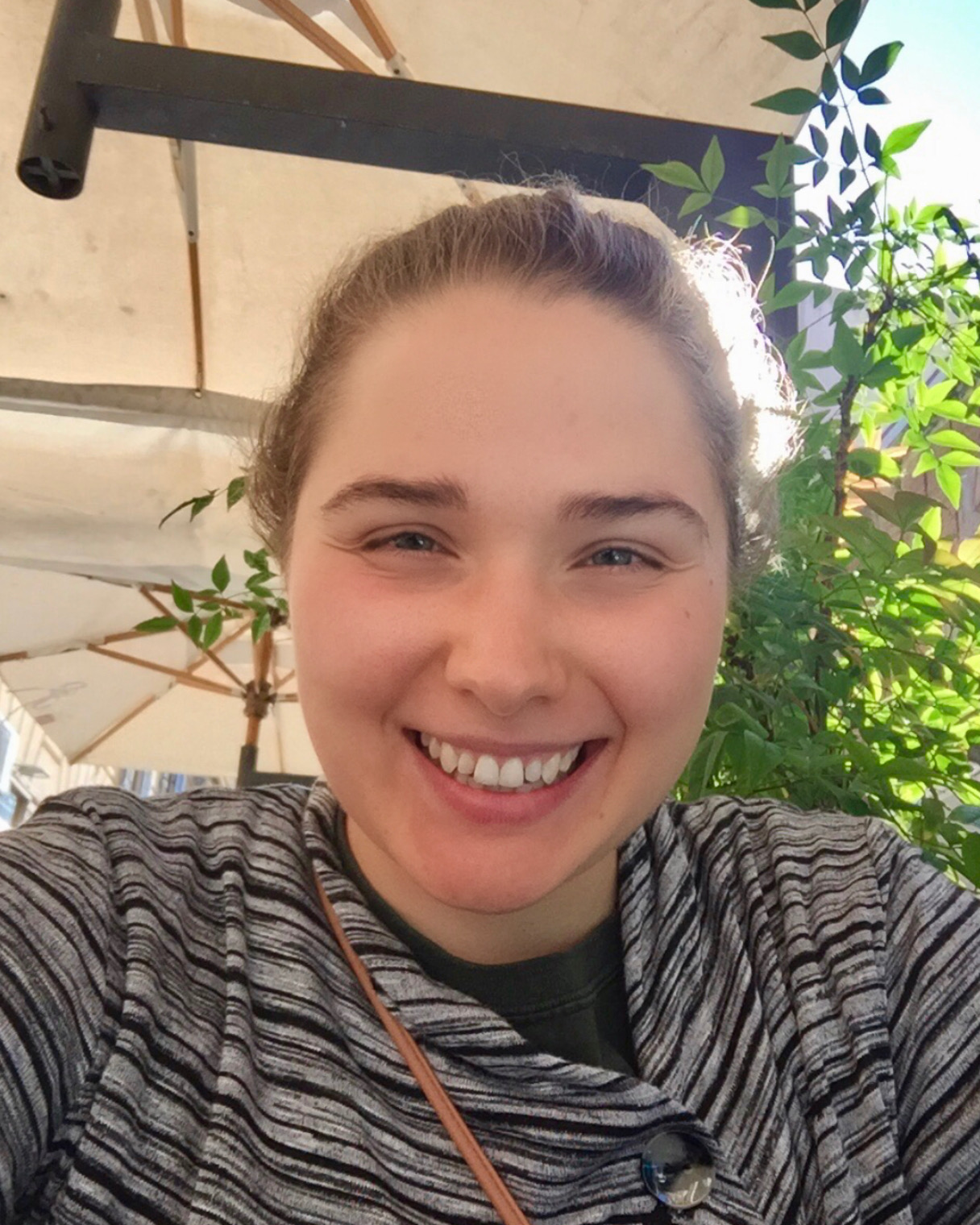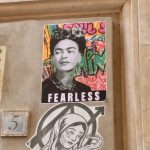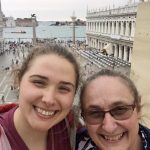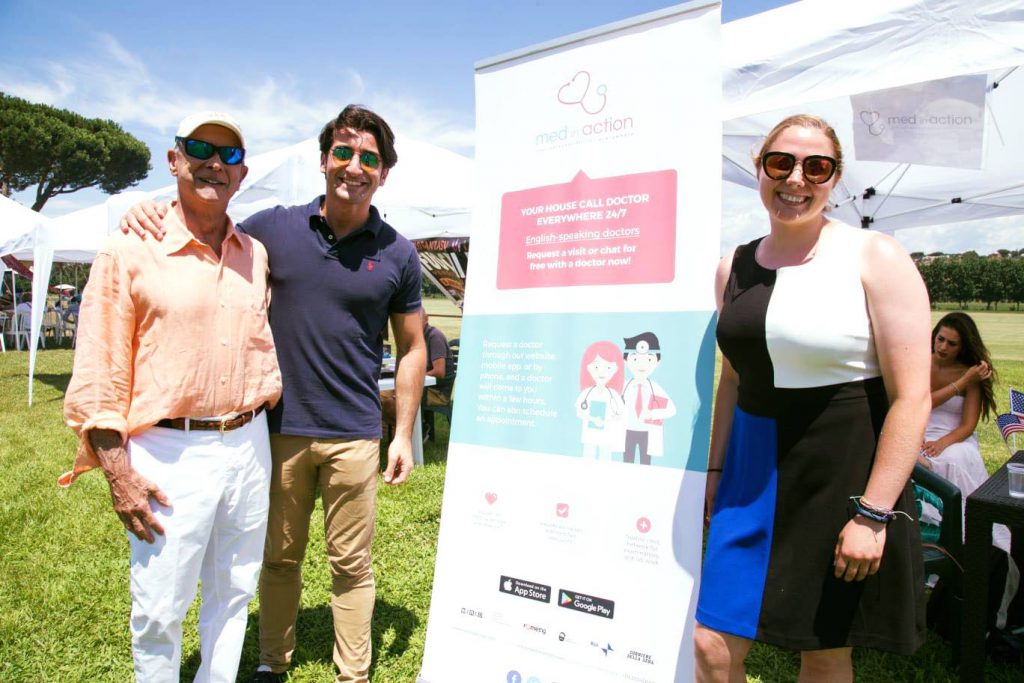During the summer of 2018, I interned with an on-demand, English-speaking medical service, MedinAction. Throughout the experience, I served many different roles from writing scientific articles to creating blog and social media posts; from hospital shadowing to attending MedinAction events. Below is the internship testimonial I completed after my summer abroad. I wanted to include the testimonial on my page to process how my study abroad program impacted me and my reflections immediately after the experience…
How did you find this internship?
I’ve known for a long time that I wanted to spend an extended period of time abroad. I’m very interested in new people, cultures, and ideas. This is one reason why I went into nursing school. In order to have a more independent and culturally immersive experience, I wanted to intern abroad. Last summer I searched online for different internship opportunities and during my search I found CISabroad. CIS provides international education programs focused on promoting educational and professional development while laying the foundation for participants to become engaged world citizens. This sounded right up my alley. I applied for the program, interviewed with the Italy Program Director, and was accepted. It was through CISabroad’s internship matching that I got my internship with MedinAction.
What does the business do?
MedinAction is a company that delivers a qualified doctor to someone’s home, office or hotel, 24/7. When patients request a doctor’s visit through MedinAction, they first have the opportunity to describe their symptoms through a free online chat service. This helps the patient to determine if they need a doctors appointment, a specialist appointment, or just some free health advice. If a doctors appointment is required, a patient can book a visit online through www.medinaction.com, by mobile app, Whatsapp, Facebook, phone, text message or chat at anytime. The doctor can arrive to the patient’s home the same day, sometimes even hours or minutes from the time the appointment was requested. The patient can request a time and place that suits them best, whether its service to their home, office, hotel, university or specified meeting point. If a patient requires a referral or additional diagnostic testing, then MedinAction can help arrange these services within their trusted network of providers including specialists, clinics and hospital partnerships. Patients can also choose the payment method that is most convenient for them: cash, PayPal or insurance. MedinAction works with numerous insurance companies and in some cases will bill the patient’s insurance directly for the full amount. Online technology healthcare providers are aligned for the potential of unlimited success, and the use of these companies are on the rise!
What is your role in the business?
I have great memories of all the various things I’ve done while interning with MedinAction. I wrote health education blog posts and doctor backgrounds, created social media posts on a variety of topics, shadowed radiology and physical therapy at Salvator Mundi International Hospital, accompanied a patient in the Pronto Soccorso (Emergency Room) of a public hospital, and even met the U.S. Ambassador when I was representing MedinAction at a polo match.
Which skills did you learn and could they benefit you in the future?
In college, I learn mostly about the acute, clinical side of healthcare: the nursing process (assessing, diagnosing, planning, implementing, and evaluating), administering medication, and taking care of all types of patient needs and wants. Through this internship, though, I’ve learned more about other forms of healthcare outside of the hospital. This has been of great benefit to me because I want to go into community/public health after I graduate. I believe that preventive and primary care can improve people’s health in the first place before they get sick. This greatly improves quality of life.
What advice would you give to students looking to intern abroad?
Two important pieces of advice I have are 1) to find a way and 2) to be flexible regarding your expectations and experience. I know going abroad is complicated and there are a lot of moving parts. However, don’t give up. Due to scholarship requirements, curriculum set-up, university program options, and of course financial situations, I really didn’t think I was going to be able to study/intern abroad. It was way too expensive and not compatible at all with the strict class and clinical requirements of nursing programs… or so I thought. So, last summer I spent a significant amount of time researching programs I could complete this summer. At one point, I became very frustrated and almost gave up. But now I’m so glad I didn’t. Also, once you are interning, you definitely need to be able to adapt to change. Being abroad to begin with forces you to be flexible. You’re experiencing new ideas, people, cultures, and ways of doing things. Interning adds even another layer. So, try to embrace change and keep a positive outlook.
How has this experience helped you?
Interning abroad, and with CISabroad/MedinAction in particular, has greatly broadened my perspective of healthcare, the world, and even myself. I now know much more about different aspects of healthcare and can apply this information to my current studies as well as future educational and career goals. I discovered that there is amazing uniqueness between different cultures and individuals while at the same time many common threads that connect us all. I learned about how I myself think, perceive different situations, and react to them. I’ve gained confidence in myself as well as the legitimacy of my desire to keep exploring.
Extra-testimonial information:
While I had the experiences described above, I also learned about a Roman refugee center. Specifically, I was part of a global human rights student group (just for one day; they were from a separate University) learning about trans-Mediterranean migration. By being invited to learn about the refugee center, we were given a presentation from a now employee of the center. He had previously utilized the center’s services as a refugee himself, and he described how each person has their own unique but difficult experiences. This was an incredibly impactful experience. It helped me identify my interest in human rights and desire to 1) ASK and 2) work WITH people (instead of imperialistically telling them what to do).




